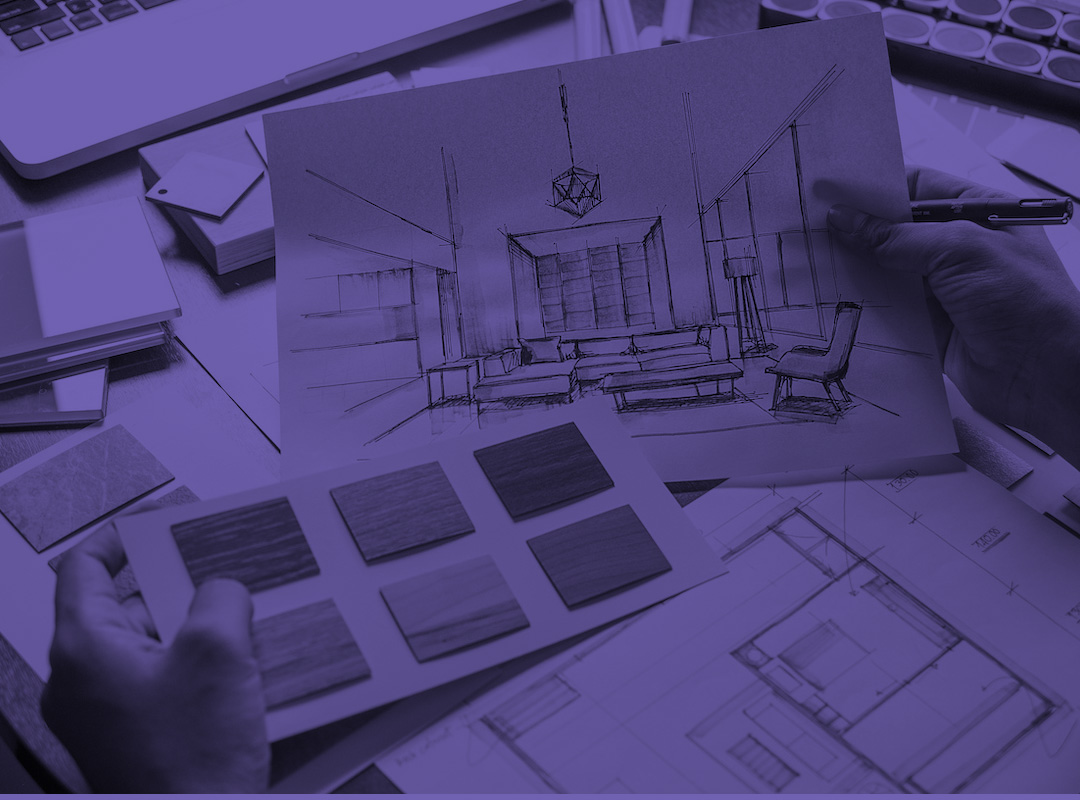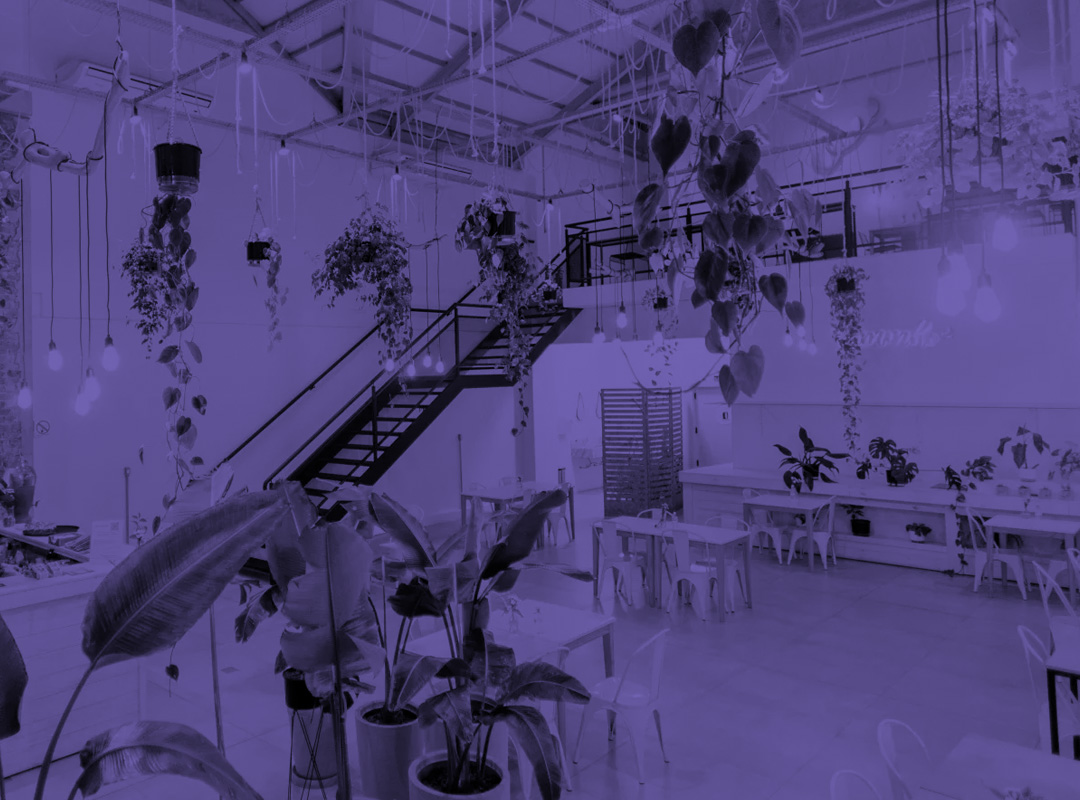Launching a restaurant in Dubai can be an inspiring and rewarding business venture, though it demands substantial financial preparation. Known globally for its dynamic culinary culture, luxury lifestyle, and booming tourism, Dubai provides an attractive environment for new restaurateurs. Yet, having clarity on the exact budget needed to establish your ideal restaurant is essential before stepping into this highly competitive market. In this detailed guide, we’ll outline all the key expenses involved in opening a restaurant in Dubai, from initial fixed costs to ongoing operational spending.
Average Startup Costs
Setting up a fully operational restaurant in Dubai requires a financial investment that typically falls between AED 790,000 and AED 800,000. However, the final cost depends on multiple factors, including location, size, and restaurant concept. For instance, launching a food truck may cost anywhere from AED 130,000 to AED 140,000, whereas establishing a cloud kitchen can be significantly more budget-friendly, starting at approximately AED 50,000. On the other hand, opening a café or coffee shop generally requires capital in the range of AED 140,000 to AED 200,000
Key Fixed Costs
The choice of location plays a crucial role in determining your restaurant’s total investment. Prime areas like Downtown Dubai and Business Bay guarantee high exposure but come with steep rental costs, typically ranging from AED 200 to AED 400 per square foot per year. In contrast, up-and-coming neighborhoods offer more budget-friendly lease options, though they may not attract the same level of foot traffic as well-established commercial zones
The interior design and construction of your restaurant significantly shape the ambiance and overall guest experience. For casual dining establishments, basic interior fit-outs typically cost between AED 1,500 and AED 2,500 per square foot, whereas upscale concepts require substantially larger budgets. This investment covers all essential elements—from lighting and décor to seating layouts—ensuring every aspect reflects and strengthens your restaurant’s unique brand image.
Premium furniture and commercial kitchen equipment are essential components for the smooth operation of any thriving restaurant. Depending on the complexity and variety of your menu, these purchases alone can quickly total tens of thousands of dirhams. Moreover, incorporating contemporary technologies such as advanced point-of-sale (POS) systems is crucial, as they significantly enhance operational efficiency and simplify daily management tasks.
Operational Expenses
While initial setup costs dominate the early stages of opening a restaurant, operational expenses quickly become a constant factor affecting profitability. These recurrent costs include:
- Skilled chefs typically command salaries ranging from AED 10,000 to AED 20,000 per month, while kitchen assistants usually earn between AED 3,000 to AED 7,000. Waitstaff compensation largely depends on tipping policies and base wages.
- Electricity, water, and gas consumption add up quickly, especially during peak hours when kitchens run at full capacity.
- Even after securing a lease, landlords often impose additional charges for common area maintenance, security deposits, and other administrative fees.
- In such a saturated market, effective promotion through digital channels (social media, SEO) averages AED 10,000 to AED 20,000 monthly. Traditional forms of advertisement can double those numbers.
Licensing Requirements
Acquiring the right permits is a fundamental requirement for legally running a restaurant in Dubai. A trade license, granted by the Department of Economic Development, generally costs around AED 10,000. In addition, food safety certifications come with separate charges. Restaurants looking to serve alcohol or offer outdoor seating must also obtain additional permits, which can further increase regulatory expenses.
Additional Considerations
Beyond the core elements mentioned above, there are several ancillary expenses worth noting:
- Initial purchases of ingredients, tableware, and cleaning supplies contribute substantially to startup costs.
- Protecting against accidents, liability claims, and property damage is non-negotiable in Dubai’s business climate.
- Investing in staff development ensures consistent service quality and reduces turnover rates over time.
Profitability and Challenges
Despite the steep entry barriers, running a restaurant in Dubai can yield impressive returns if managed correctly. Profit margins hover around 15% to 20% for well-run establishments. However, fierce competition necessitates continuous innovation and strategic decision-making regarding pricing, menu offerings, and customer engagement initiatives.
In conclusion, launching a restaurant in Dubai demands significant capital, meticulous planning, and unwavering dedication. From selecting the right location to managing ongoing expenses efficiently, every aspect plays a role in determining long-term success. With careful consideration of all variables outlined here, entrepreneurs can confidently embark on their journey toward becoming part of Dubai’s dynamic dining ecosystem.


